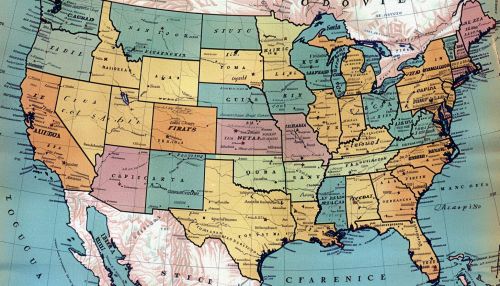Southern strategy
Origins of the Southern Strategy
The term "Southern Strategy" refers to a political strategy by the Republican Party in the United States to gain political support in the South by appealing to the racism against African Americans harbored by many southern white voters. As the Civil Rights Movement and desegregation led to the Democratic Party's support for racial equality, many white, conservative Southern voters shifted to the Republican Party.


Historical Context
The Southern Strategy has its roots in the complex political landscape of the mid-20th century. Following the American Civil War, the South was largely dominated by the Democratic Party, a political alignment that was solidified by the disenfranchisement of African American voters and the "Jim Crow" laws that enforced racial segregation. However, the Civil Rights Movement of the 1960s, and the Democratic Party's support for civil rights legislation, led to a political realignment.
Implementation of the Southern Strategy
The Southern Strategy was first implemented by Republican candidate Richard Nixon during the 1968 presidential election. Nixon capitalized on the Southern white backlash against the Civil Rights Movement, using coded language or "dog whistles" to appeal to racial prejudices without explicitly violating the new norms against overt racism. This strategy was successful, with Nixon winning several Southern states.
Impact and Legacy
The Southern Strategy had a profound impact on American politics, contributing to the political realignment of the South. The strategy was further developed by future Republican candidates, including Ronald Reagan, who used coded language to appeal to racial resentment and fear. The legacy of the Southern Strategy is still felt today, with the South being a stronghold for the Republican Party.
Controversy and Criticism
The Southern Strategy has been widely criticized for its exploitation of racial tensions and its contribution to the polarization of American politics. Critics argue that the strategy played a significant role in the racialization of American politics and the rise of the modern conservative movement.
